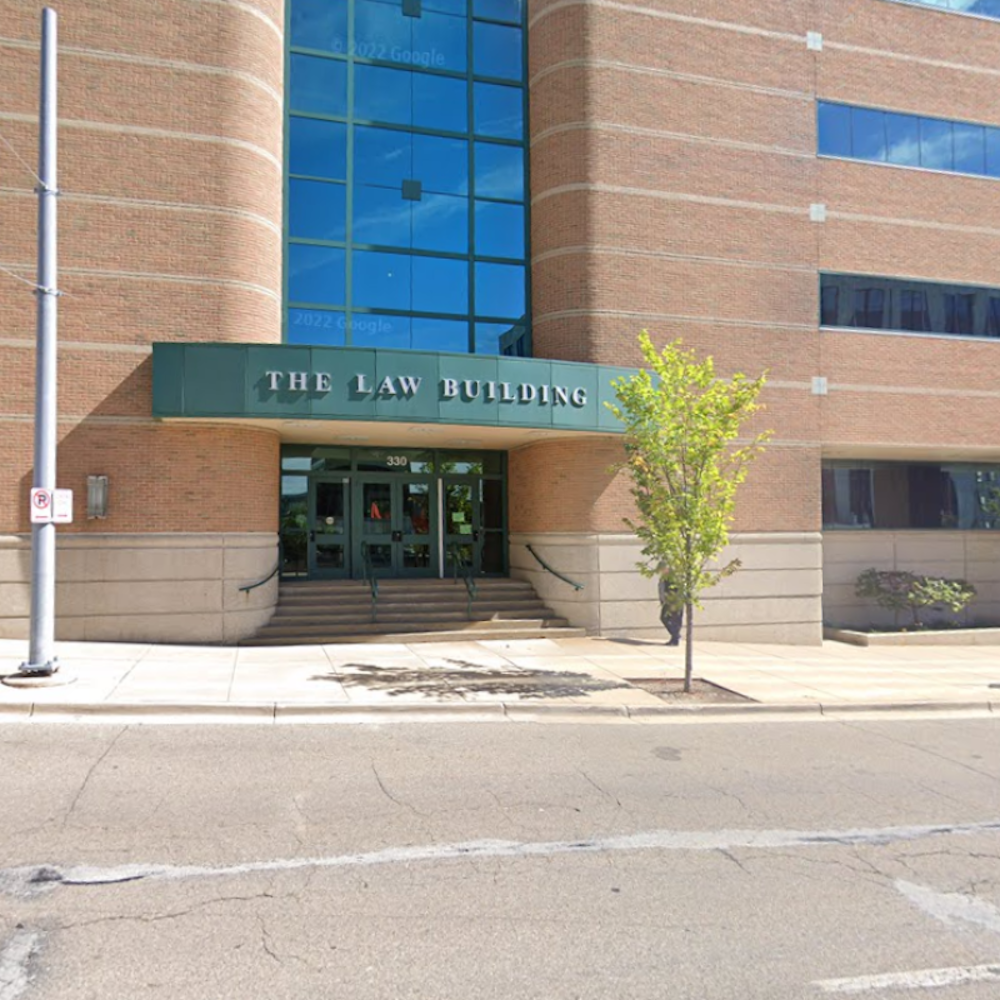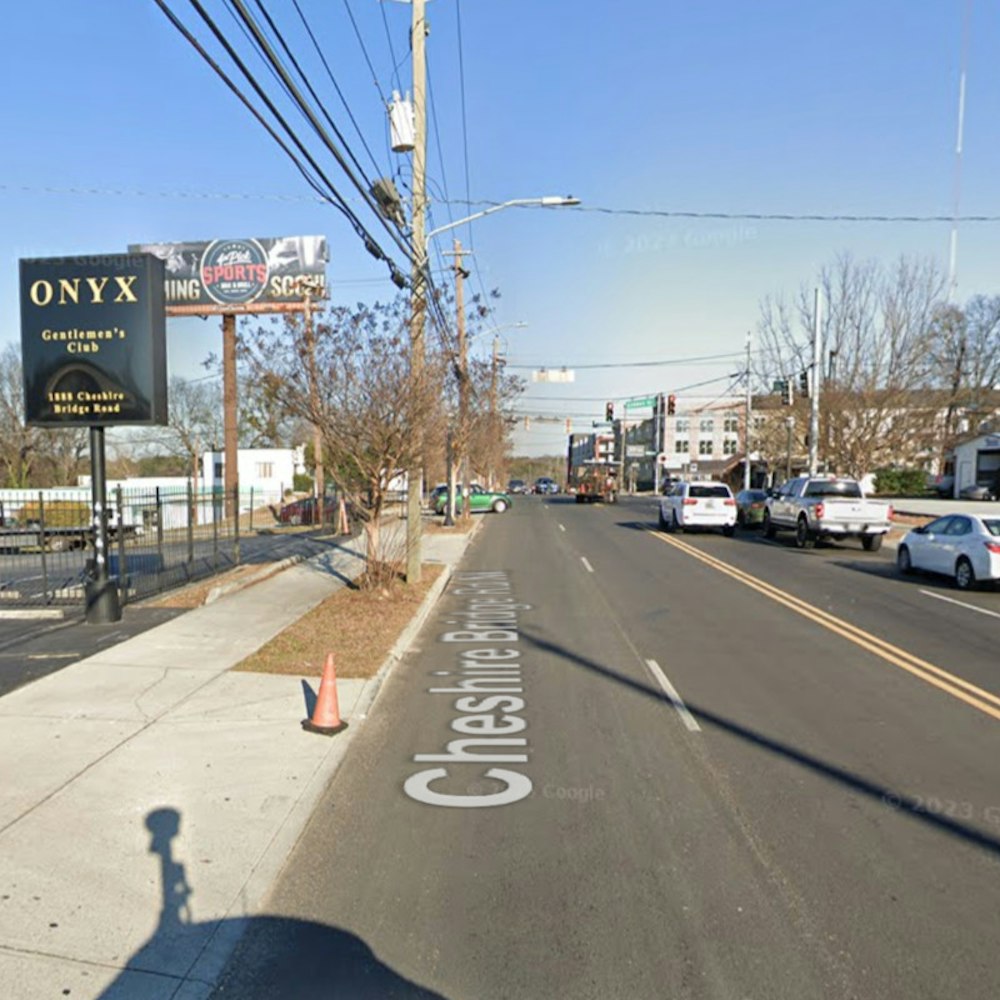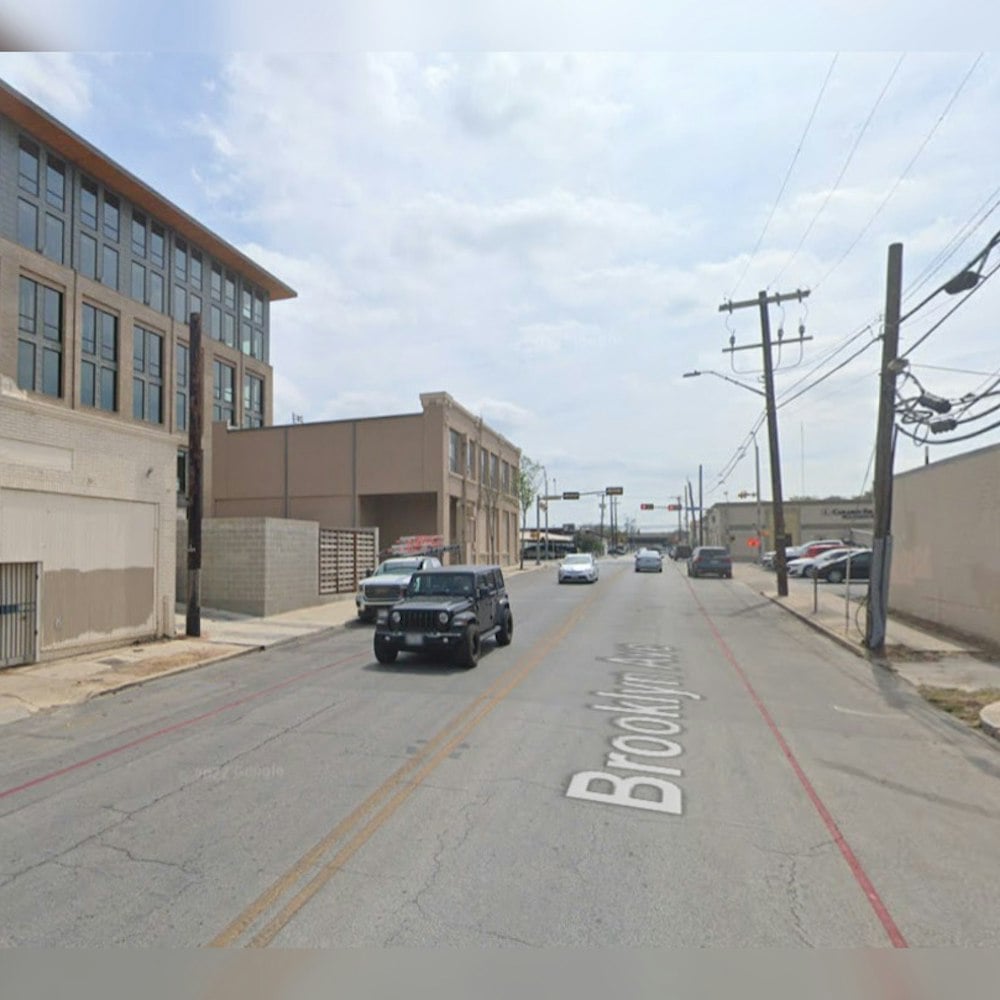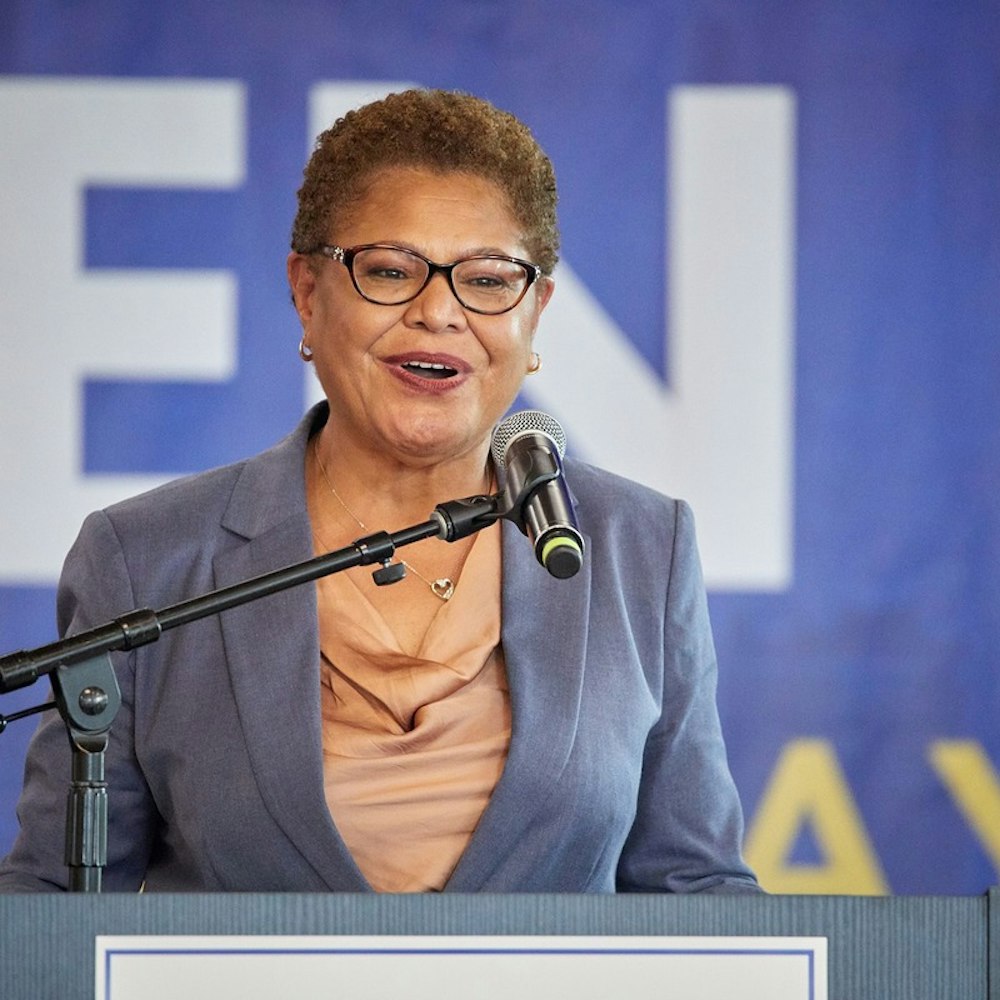
San Francisco Mayor London Breed is taking bold steps to entice companies and workers back to the city's downtown areas, offering tax breaks to boost office occupancy and revitalize the local economy. According to The Real Deal, these tax incentives aim to not only prevent businesses from closing their doors but also attract new office users to San Francisco.
Despite the city's efforts, recent data on keycard swipes indicates a lingering hesitation for employees to return to the traditional office setting. As reported by Hoodline, office occupancy rates in San Francisco and San Jose are hovering around 40%, with many employees opting to work remotely. Major competing companies have chosen permanent remote work policies, raising questions about the future of office-based work in the city.
The tax break proposal focuses on two components. The first aims to help businesses in sectors like retail, manufacturing, food services, and accommodations by delaying scheduled tax rate increases until 2025 and 2026, providing them with some financial breathing room. This benefit will apply to the first $25 million in gross receipts, making a significant impact on small and medium-sized businesses, as explained by Glorian Chan from the Office of Economic and Workforce Development.
The second component, designed to attract new office users, offers a 0.45 percent discount on tax rates for businesses in information, administrative and support services, insurance, financial services, professional/scientific/technical services, and administrative office tax. To qualify for these incentives, businesses must not have had a presence in San Francisco for the past three years and have a physical location. The cap of credit a business can receive in one year is set at $1 million.
Mayor Breed's plan, however, faces a challenge in the form of the remote work revolution. With companies like GitLab and Airbnb opting for fully remote operations, many employees view office attendance as less of a requirement and more a choice. Kastle Systems, a property management, and security firm, has been tracking keycard swipes across major US cities, finding an average office occupancy of less than 50%.
Mandating office returns has led to more attrition than anticipated, according to architectural firm Unispace. Companies that have thrived during this period of change are those who have made efforts to listen to their employees' needs and concerns, adapting to more flexible and hybrid work models. As companies like Meta, Amazon, Starbucks, and Apple push for a minimum three-day-per-week office presence, statistics from Kastle Systems suggest a full return to pre-pandemic office occupancy may be unlikely.









